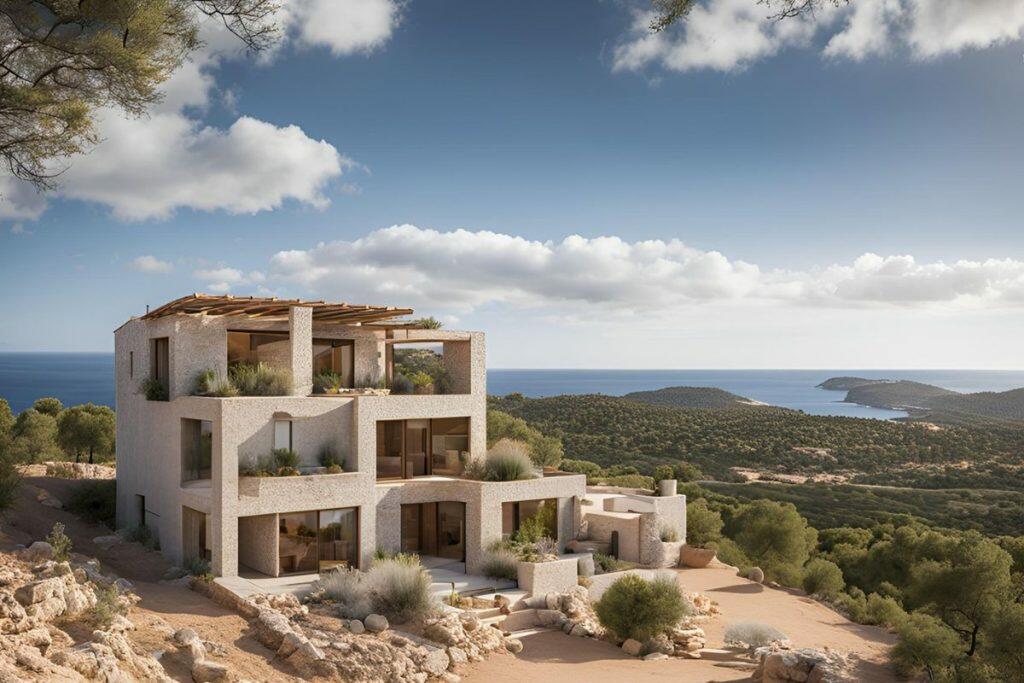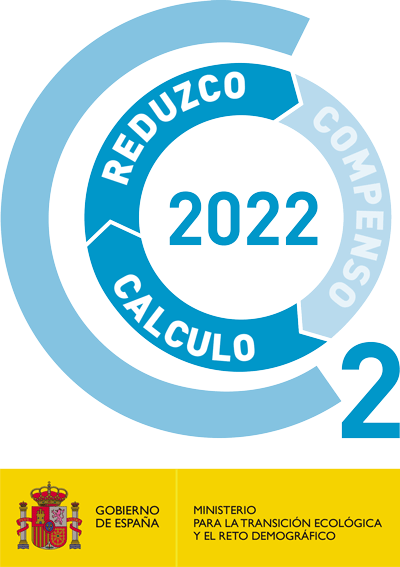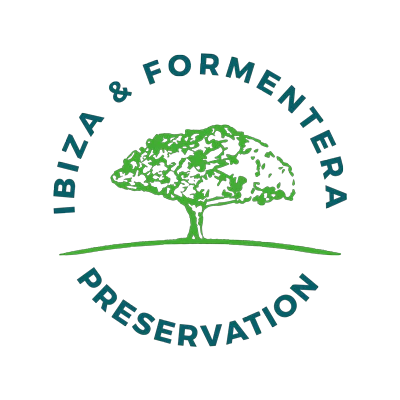Investing in real estate in Ibiza, particularly on rustic land, offers a unique opportunity to own a piece of this stunning Mediterranean paradise. However, if you’re considering such an investment, understanding the legal framework surrounding rustic land constructions is crucial. Recent developments, particularly the enactment of Decree-Law 3/2024, have introduced significant changes that could affect your property. This law offers a pathway to legalise buildings and installations constructed on rustic land under certain conditions.
Our guide will walk you through the key aspects of the law, providing a clear understanding of what can and cannot be legalised, the steps required to legalise a property, and the legal nuances you need to be aware of.
An Overview of Decree-Law 3/2024
Decree-Law 3/2024, formally titled the "Law on Urgent Measures for Administrative Simplification and Rationalisation in the Public Administrations of the Balearic Islands," was introduced to address the complexities of legalising certain constructions on rustic land. This decree specifically targets buildings, structures, and installations that predate certain critical years or whose urban infractions have since expired.
The law represents a significant shift in the legal landscape, as it simplifies the administrative procedures needed to bring older or non-compliant properties into legal compliance. For property owners and potential investors, understanding this law is essential to ensuring that their investments are protected and legally sound.
What Cannot Be Legalised?
While Decree-Law 3/2024 provides an avenue for legalising many constructions, it is important to recognise that there are clear limitations and exclusions. The law aims to maintain the integrity of protected areas and public domains, thus excluding certain properties and situations from legalisation.
Expropriation, Cession, or Demolition Zones:
Properties that are located in areas designated for expropriation, cession, or those scheduled for demolition are excluded from legalisation under this law. These areas are often earmarked for public projects or redevelopment and thus are protected from private legal claims.
Public Domain Properties:
Constructions that are situated on public land, which is land owned by the state or local government for public use, cannot be legalised. This includes properties on land designated for parks, public buildings, or other community uses.
Road Protection Zones:
Another critical exclusion involves properties located within road protection zones. These zones are established to maintain safe distances from public roads and highways, and the law excludes strips of 8m, 18m, or 25m, depending on the type of adjacent road, from being legalised. This is in line with the safety and environmental regulations stipulated in Law 5/1990.
Coastal Servitude Zones:
The Balearic Islands, including Ibiza, have stringent coastal area regulations to preserve the coastline’s natural beauty and environmental integrity. Properties located within 100 metres of the inner limit of the coastal riverbank, as defined by Law 22/1988, fall under the coastal servitude zones and are not eligible for legalisation.
Tourism-Related Properties:
If your property is used for tourism-related activities and requires a tourism exploitation licence, it cannot be legalised under this decree while retaining the ability to continue such activities. Legalisation is possible, but it comes with the condition that the property can no longer be used for tourism purposes. This restriction must be formally registered in the Property Registry within three months of legalisation.
Properties Requiring General Interest Declarations:
Certain properties or installations that are used for activities requiring a prior declaration of general interest, as per Law 6/1997, are generally not eligible for legalisation unless they are specifically declared of general interest under special provisions of the law.
What Can Be Legalised
Despite the exclusions, Decree-Law 3/2024 provides a broad scope for legalising many constructions on rustic land, particularly those where urban infractions have expired by a specific date. Understanding what can be legalised under this law is crucial for property owners and potential investors.
Infractions used to become prescribed (i.e., they expired) eight years after it can be definitively proven that the construction was completed. However, since 2018 infractions in rustic land are no longer prescribed. Also, the mere passage of eight years does not always mean that the infraction has been prescribed, as per the following sections.
The decree allows for the legalisation of buildings, constructions, and installations on rustic land, provided their urban infractions have expired by May 29, 2024. The eligibility for legalisation largely depends on the type of land and the date when the infraction occurred.
Natural Spaces Law (LEN) Zones:
For properties located in LEN zones (Natural Spaces Law 1991), the key date is March 10, 1991. If the infraction occurred before this date, the property may be eligible for legalisation. LEN zones are areas of significant environmental importance, and the law carefully controls development in these areas.
Protected Rustic Land:
For properties on protected rustic land, the infraction must have occurred before May 25, 2014, for the property to be eligible for legalisation. Protected rustic land is typically subject to stricter regulations to preserve its environmental and cultural value.
Common Rustic Land:
Properties on common rustic land may be legalised if the infraction occurred before June 28, 2016. Common rustic land is generally used for agricultural purposes, and the regulations here are slightly less stringent compared to protected rustic land.
Cultural Heritage Sites:
For properties classified as Cultural Interest or Cultural Heritage, the infraction must have occurred before November 18, 1990, to be considered for legalisation. These properties are of significant historical or cultural value, and any legalisation process will need to ensure that their character and integrity are preserved.

The Process of Legalising Your Property
If your property qualifies for legalisation under Decree-Law 3/2024, there is a clear process you must follow to achieve legal status. This process involves a series of steps designed to ensure that the property meets all legal and environmental requirements.
Request an Extraordinary Legalisation Licence:
The first step in the legalisation process is to apply for an extraordinary legalisation licence to the relevant town hall. This application formally initiates the legalisation process.
Submit a Technical Legalisation Project:
Along with your application, you will need to submit a detailed technical project that outlines the measures you will take to comply with environmental regulations. This includes plans to reduce light pollution, which is particularly important in rural and rustic areas, and to improve energy or water efficiency. These environmental measures are a key component of the legalisation process and reflect the broader goals of the Balearic Islands to promote sustainable development.
Adhere to Legislation Deadlines:
Time is of the essence in the legalisation process. Decree-Law 3/2024 provides a three-year window from the publication of the decree in the Balearic Official Gazette (BOIB) for property owners to apply for legalisation. It’s important to note that the cost of the application increases each year, so acting promptly can save you money.
Tax Reductions and Financial Considerations:
In addition to the regular licensing and ICIO fees, the process also involves an "economic contribution" equivalent to 10%, 12.5%, or 15% of the material execution cost (calculated at the date of application submission), depending on whether the application is registered during the first, second, or third year of the term, respectively.
The law also provides for tax reductions based on the average taxable income of the property owner over the last four fiscal years. Specifically:
- A 50% reduction in legalisation costs is available if the individual’s income is below €33,000 or if joint income is below €52,800.
- A 25% reduction is available if the individual’s income is below €52,800 or if joint income is below €84,480.
These financial incentives are designed to make the legalisation process more accessible to a wider range of property owners.
Navigating the Legalisation Process
Investing in rustic land in Ibiza offers a unique opportunity, but it comes with the responsibility of ensuring that any existing structures are legal and compliant with local regulations. Decree-Law 3/2024 provides a valuable framework for property owners to regularise their holdings, but it requires a thorough understanding of the law, adherence to strict deadlines, and a commitment to meeting environmental standards.
By following the steps outlined in this guide, you can navigate the legalisation process with confidence. Whether you’re looking to preserve a piece of Ibiza’s rustic charm or to develop your property further, ensuring legal compliance will protect your investment and contribute to the sustainable development of this beautiful island.
We would like to extend our thanks to Illot Studio for their expertise in breaking down the complexities of Decree-Law 3/2024 and assisting us in creating this comprehensive guide. If you need assistance in legalising any parts of your property, you can contact Illot Studio for professional advice and services.




